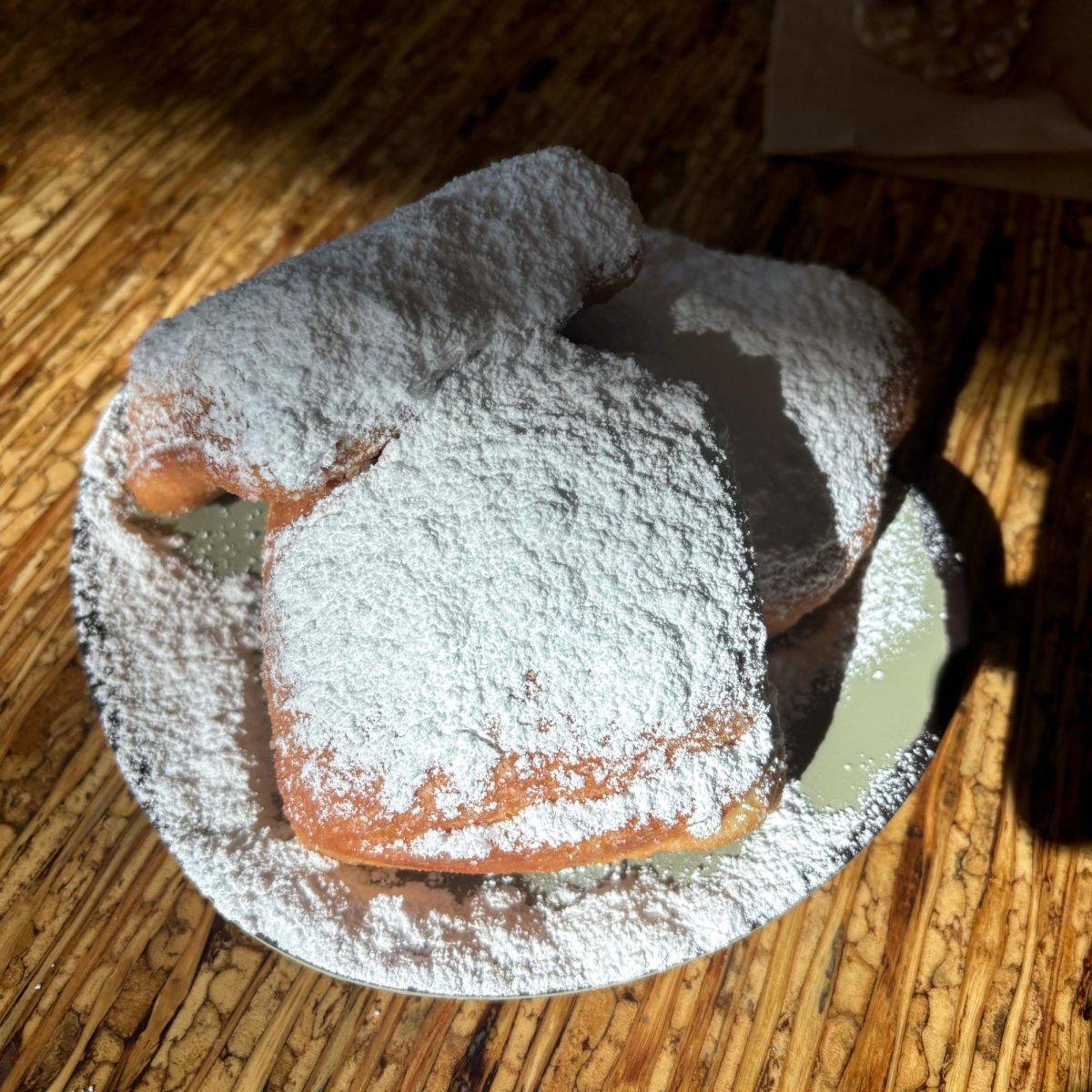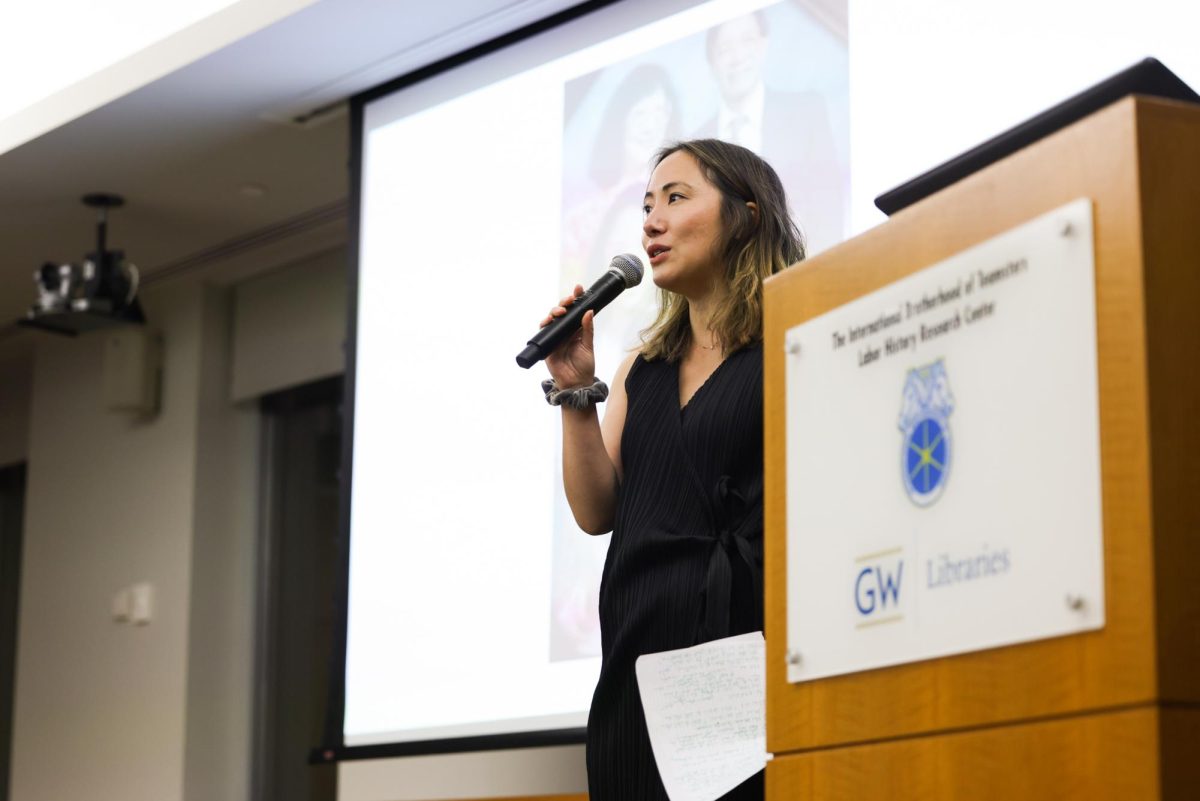With popular bands from around the world, like The New Pornographers or The Gaslight Anthem, coming to D.C. to play shows at venues like 9:30 Club, it is easy to forget that the District has a well-developed underground punk music scene all of its own.
Dischord Records, established by well-known punk musicians Ian MacKaye and Jeff Nelson, was founded on the principle that the label would only release records by D.C. bands.
For the past 34 years, punk, hardcore, indie, rock and alternative bands have turned to Dischord to release their albums, when larger labels might not have focused on these sometimes lesser-known or less popular genres of music. Dischord Records’ focus is on D.I.Y. music, which is based on the idea of collaborative work and a love of music for music’s sake.
Dischord Records, located at 3819 Beecher St. NW, is central to the District’s D.I.Y and punk music scene. As more venues open and others expand their focus to this kind of music, Dischord continues to support new bands that are willing to take on every role of the music production and promotion, which is popular in the D.I.Y community.
“Dischord is a record label that only releases D.C. artists and works only in the D.C. community,” said Aaron Leitko, an alumnus who runs press and promotions for the label. “The city has played a huge role in shaping what we release, just by vantage. We’re coming from the point of view that everything we release is located here.”
Though Dischord is an independent label, it’s earned a reputation in the independent music scene over the years, with well-known punk bands like Minor Threat (Dischord co-founder Nelson is the band’s drummer) and Fugazi (co-founder MacKaye is a guitarist and vocalist in the popular post-hardcore band) releasing records on the label.
Since the label’s founding in 1980, the D.C. music scene and, as a result, Dischord Records itself, has changed. Over the decades, it has become more difficult to release new punk music.
“The city has changed a lot since the label began,” Leitko said. “The label began before I was born. It’s been around a long time, and the city has obviously changed a huge amount over that time. I mean it’s even changed a lot since I moved here in 1999.”
Leitko cites rises in cost of living and population changes in D.C. as causes for the lack of support for an independent punk and go-go music scene.
“It’s gotten harder to make music here because the rent is really expensive,” he said. “It was just easier to subsist as an artist 10 to 15 years ago in D.C. Now, it’s very difficult. It’s a real challenge to the music scene, though people find a way if they want the music badly enough.”
Though it has become more difficult, Leitko is optimistic about the D.C. music scene.
Within the punk communities, he said, Dischord Records has made a name for itself across the country. And the scene outside of the label is also drawing more attention to punk music.
“There are a ton of really neat people, doing cool things. Interest in the punk music comes in waves,” he said, mentioning the popularity of noise music shows (that is, concerts in which the music is comprised of sounds, rather than traditional melodies) in the District.
Dischord Records continues to produce and distribute the music of punk bands based in D.C.
D.I.Y venues like The Dougout, located at 1498 Douglas St. NW, has recently begun to book bigger acts, as the music model has gained popularity over the past few years.
“A lot of people come to this city for a lot of different things. Maybe being in or participating in a punk scene isn’t one of them, and I don’t hold against them,” Leitko said. “But music scenes are usually driven by a pretty small group of people, until they aren’t anymore.”





